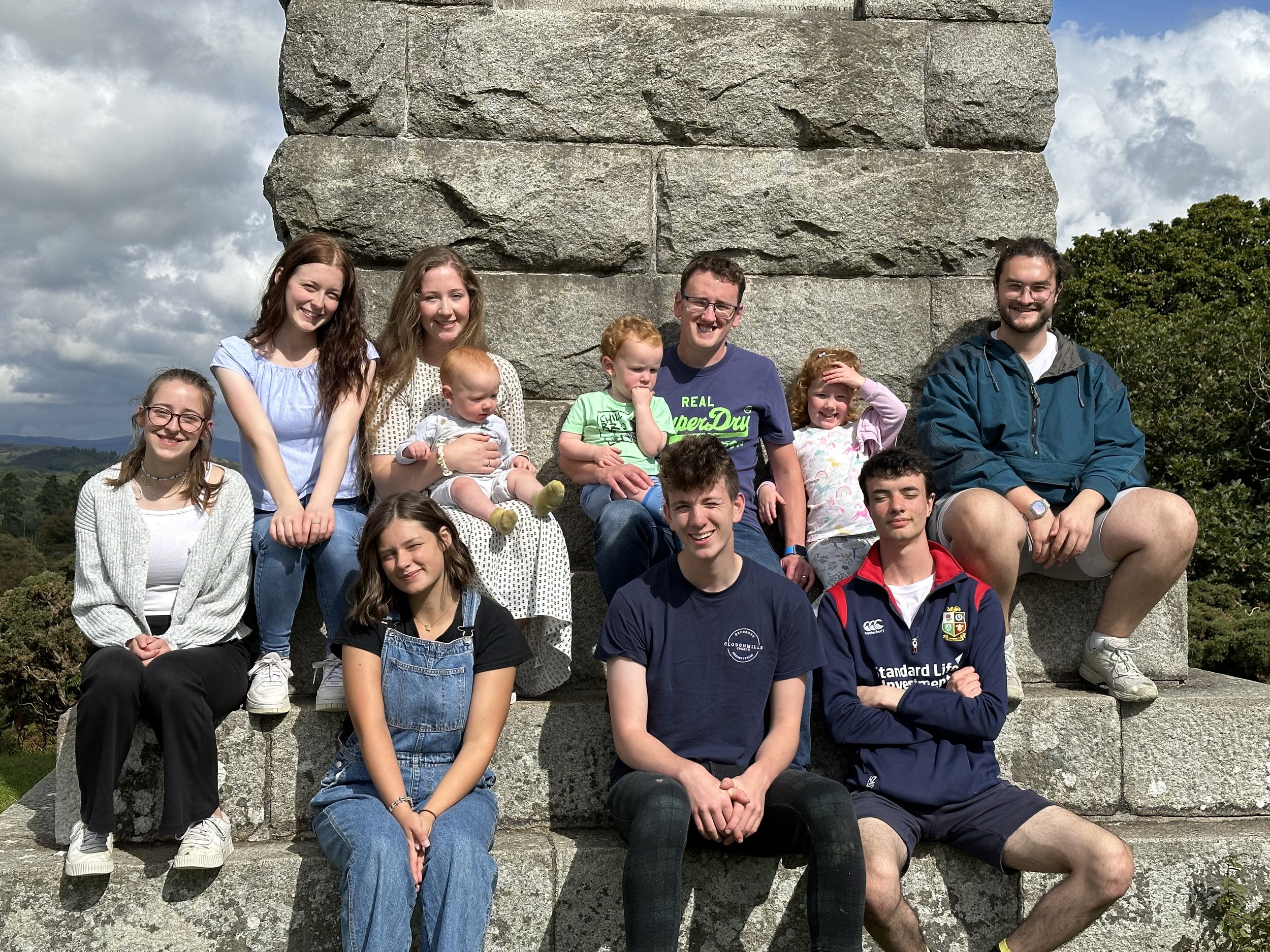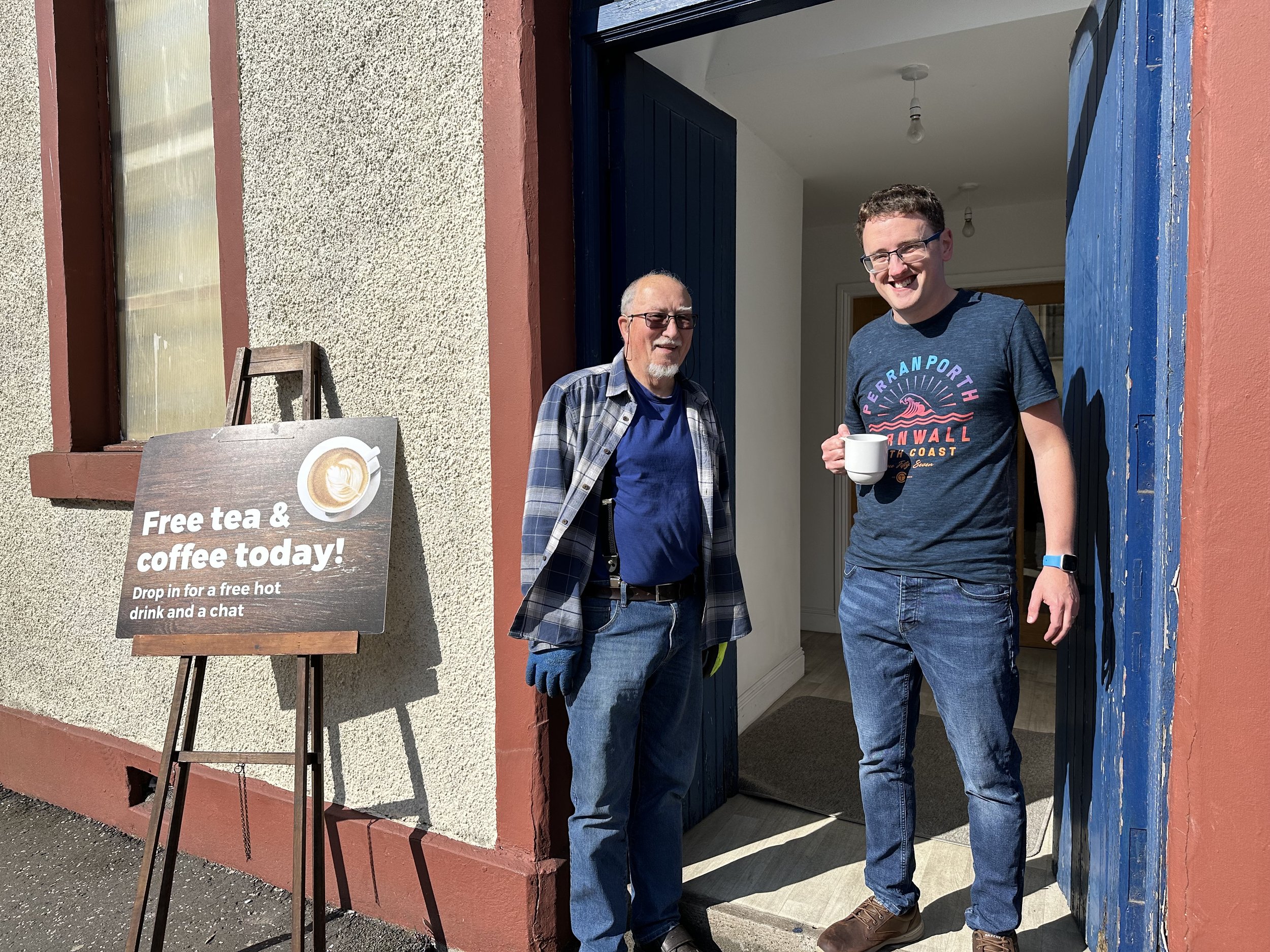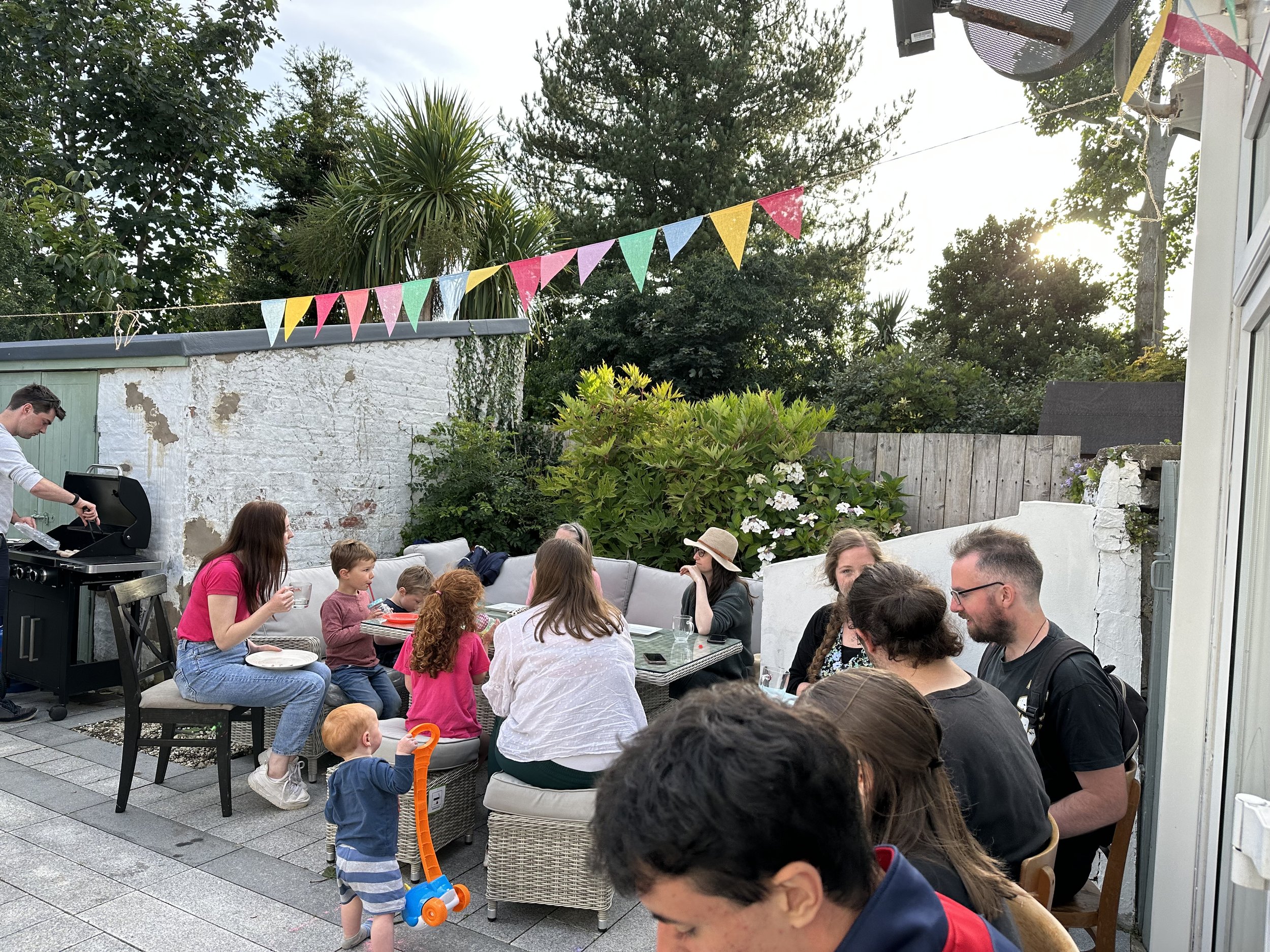Our world is in search of hope. The hope that things could be better. The hope that this isn’t all there is.
But for many, sooner or later that hope turns to cynicism.
The English novelist, Charlotte Bronte, once said that ‘hope has proved a strange traitor’. There had been three Bronte sisters. When Charlotte wrote those words, one of them was dead and the other lay dying. And Charlotte, the one that was going to be left alone, felt that hope was a traitor who had promised much, but let her down.
The Scottish writer, Robert Louis Stevenson once wrote of how his ambitious hopes had failed. His heart, he said, had been ‘burned out with the lust of this world’s approbation’. In other words, his longing to know the approval of others had been disappointed. And he wrote to a friend that if it wasn’t for something inside him stopping him – surely his Christian upbringing – he would have poisoned himself or drunk himself to death, as other writers had done.
The danger of hope turning to cynicism increases with age – if it becomes clear that our vision of what life might look like isn’t going to happen. When we’re young, we think there’s still time to achieve what we want to achieve. But the growing realisation that it isn’t going to happen can lead to despair.
One of the oldest historical accounts we have is about a man called Job. It’s recorded in the Bible. And at one point he says: ‘My days are swifter than a weaver’s shuttle and come to their end without hope’.
Others actually get the thing they’d always wanted – only to find it blow up in their face, or slip through their fingers like dust. The buzz is short and the satisfaction temporary. And it leaves them empty, hurt, angry or confused. What would it be like to achieve the thing you’ve always dreamed of? Here’s Jonny Wilkinson, speaking about winning the Rugby World Cup in 2003 by scoring the winning drop goal in the last minute of extra time:
‘I had already begun to feel the elation slipping away from me during the lap of honour around the field. I couldn’t believe that all the effort was losing its worth so soon. This was something I had fantasized about achieving since I was a child…I’d just achieved my greatest ambition and it felt a bit empty’.
So is our instinct to hope misguided? When so often ‘it’s the hope that kills you’?
In fact, if the material universe is all there is, where does this idea of hope even come from? To hope is to think that things are not as they should be. It’s to look at our lives, or to look at the world, and to say: ‘Something’s not right here. Something’s broken. But that it can be put right’.
And that fits perfectly with a Christian way of looking at the world. Because the Bible tells us that neither we nor the world were created to be like this. Instead, something has gone badly wrong. But God has promised that it won’t be like this forever.
One day, all wrong will be put right.
But if you swap that out for a purposeless universe, who is to say that things are meant to be any better than they are? In fact, how can we even talk about meaning? And so it’s no surprise that people who walk away from Christianity lose hope. Because what reason do they have left to hope that their life will get better rather than worse?
I’ve quoted two famous novelists already. Here’s a quote about a third, from the most recent biography of Thomas Hardy. His biographer is trying to put her finger on where his dark view of life came from. And she concludes that: ‘In a sense, he never got beyond his own loss of Christian belief, which removed hope’.
Now, stopping hoping for something isn’t always a bad thing – if what we were hoping in was a false hope. And the Bible certainly teaches that false hope is possible. Particularly when it comes to those who hope to get to heaven without trusting Jesus.
But to reject the true Christian hope is to reject the only solid basis for hope in the universe. As the Apostle Peter could say: ‘According to his great mercy, he has caused us to be born again to a living hope’.
Published in the Stranraer & Wigtownshire Free Press, 2 November 2023










